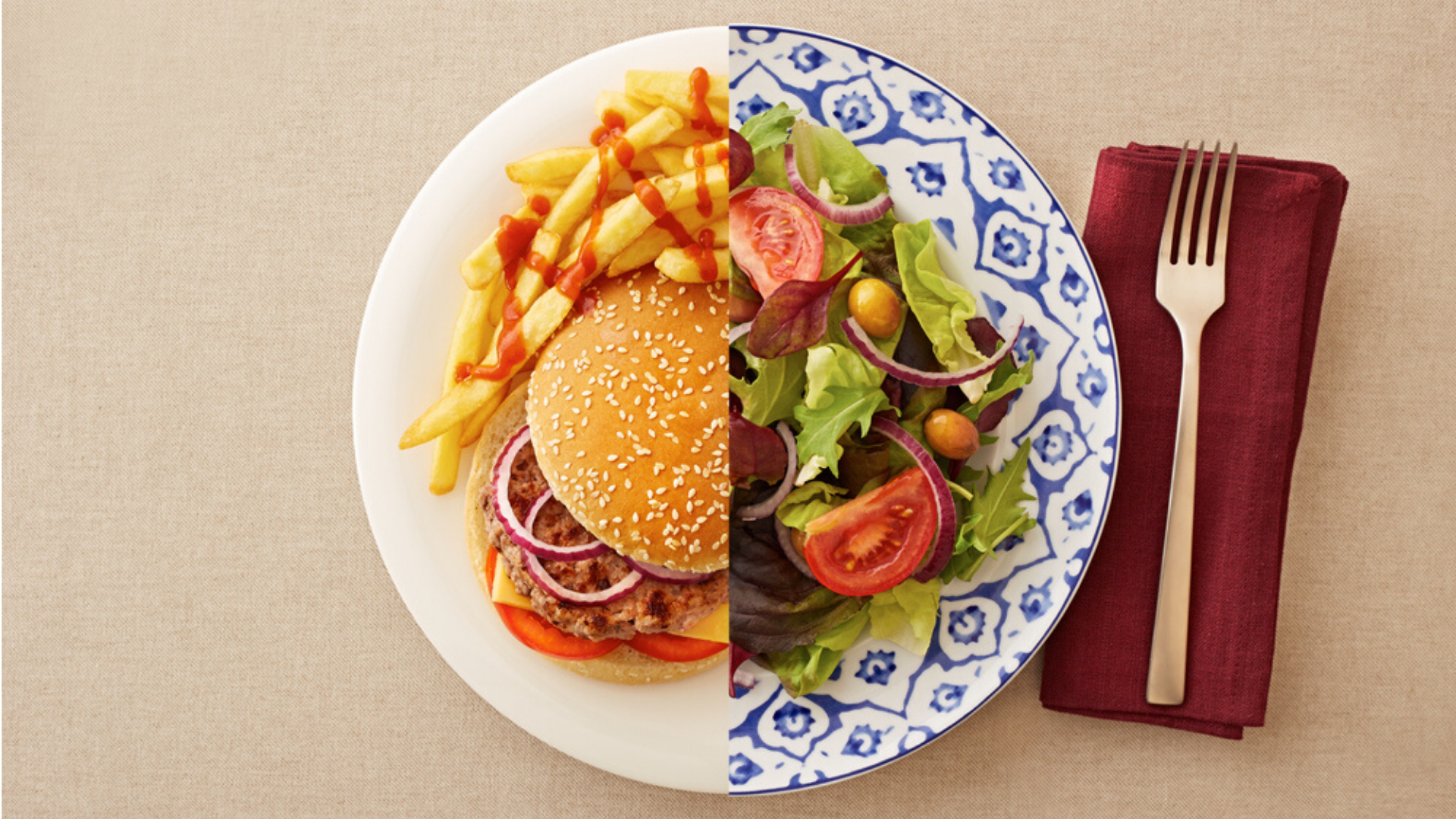
Your brain requires a constant stream of quality fuel to keep you feeling energized, focused, and motivated throughout the entire day. New research suggests that the food we eat directly affects the structure and function of the brain, which ultimately impacts how we feel and behave on a daily basis. Nutrient-dense whole foods provide our body and brain with essential vitamins, minerals, and antioxidants that help to minimize inflammation and protect against oxidative stress. The nutritional link between the foods we eat and how we feel over time has to do with the connection between our gut microbiome and our brain. Certified F45 Sport Nutritionist Kim Bowman provides an overview of how the food we eat can either positively or negatively impact our mental health, along with gut-friendly food recommendations.
How does our gut health impact our mental health?
The gut microbiome is the body’s largest hormone-producing organ and contains a large variety of beneficial bacteria that live throughout the gastrointestinal tract (GI tract). These bacteria are essential for both physical and mental health, as they influence the key hormones in our gut that affect our mood and brain health. Specifically, these hormones provide neural connections to our brain and any disruption to a healthy balance of bacteria in the microbiome can cause the immune system to induce inflammation. This can negatively impact our overall mental health, including our mood, focus, and emotions.

How does digestion affect how we feel?
Serotonin is a key hormone that stabilizes our mood, sense of wellbeing, behaviors, and overall happiness. It also plays a key role in sleep, eating, and digestion. The majority of serotonin is produced in the digestive tract and is highly influenced by our gut microbiome and the amount of ‘good bacteria’ that are present. A healthy gut microbiome forms a protective barrier against toxins to minimize inflammation and ensure that the neural pathways between the brain and gut are working optimally. Therefore, it’s no surprise that the food we consume and digest plays a role in our overall mental health and mood.
How does refined sugar negatively impact the gut microbiome?
Diets high in refined sugar can have negative impacts on our body, brain, and cognitive function. Foods high in refined sugar—such as pre-packaged desserts, pastries, and sodas—negatively impact our body’s regulation of insulin and can also trigger inflammation in our body. Nutritional studies have linked excess sugar consumption with impaired brain function, depression, and a decreased bioavailability of good bacteria in our gut microbiome.

How does a healthy diet boost brain health?
Not only does a nutrient-dense diet boost brain development, but it also boosts the amount of good bacteria in our gut. By enhancing the amount of good bacteria, we minimize inflammation to positively affect cognitive function and mood. Additionally, the neural transmitters between our brain and our gut are interlinked. Serotonin is a neurotransmitter that is produced in the digestive system. Therefore, quality nutrition ensures these connections are able to function effectively and efficiently to optimize mood and mental health.
What are the best foods for optimizing mental health?
Studies have found that adopting a Mediterranean-style diet can be one of the best approaches to optimizing brain function. This eating pattern consists of unprocessed grains, lots of fruit and vegetables, legumes, quality fats from plant-based oils (olive, avocado, fish, and various other types of seafood. A diet that consists of only modest amounts of lean meats and dairy in addition to avoiding processed carbohydrates and refined foods will allow the gut microbiome to stay healthy and function effectively. Additionally, fermented foods that contain active cultures of good bacteria—such as sauerkraut, miso, or Greek yogurt—can help to improve the health of the gut microbiome and benefit the production of serotonin.

From a nutrition perspective, what can I do to start positively impacting brain health?
The simplest way to benefit your mental health is by incorporating quality foods into your diet on a regular basis while avoiding processed foods. For one week, aim to cut out just refined sugars. Once you have successfully cut out refined sugar, start to minimize the amount of fast food and heavily-processed food. It’s easiest to make small, consistent changes over time versus cutting everything out all at once. While refined sugar can be one of the most difficult processed foods to cut out of our diet, we can start to replace these processed items with natural sugars, such as organic raw honey, fresh fruit, or dates.

What are essential vitamins and minerals for brain health?
While there are a variety of key minerals for brain health, a few key minerals include zinc, magnesium, iron, and selenium. Omega-3 fatty acids have anti-inflammatory and antioxidant effects that boost brain health and development, while B Vitamins (especially B-12, B6/pyridoxine, B3/niacin, and B9/folate) regulate energy release in the brain and facilitate the action of the neurotransmitters.













